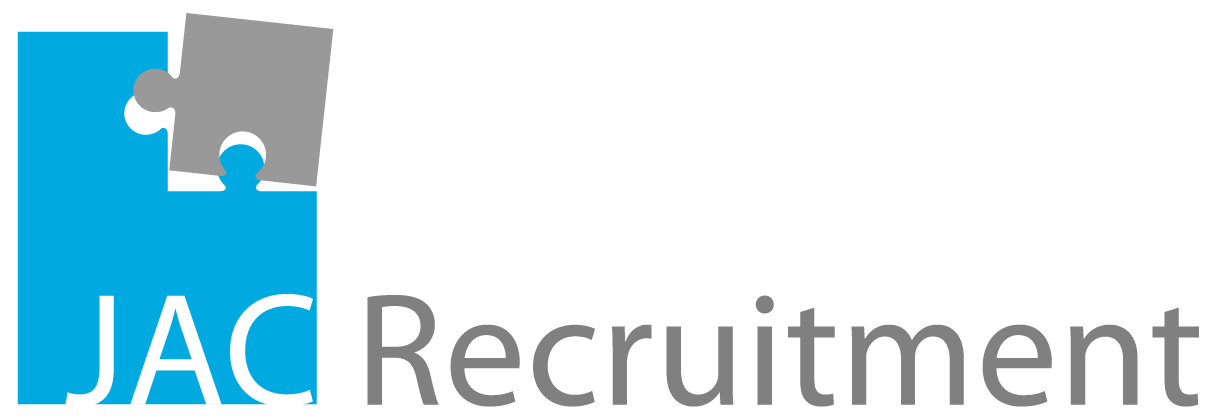By 3 pm, your inbox is overflowing, your to-do list has not shrunk, and every task feels equally urgent. You open a document, close it, check your messages again, but somehow, nothing feels clear enough to start.
That mental fog is not just tiredness. It is decision fatigue; the gradual decline in our ability to make good choices after a long string of them.
In simple terms, decision fatigue happens when your brain’s “decision battery” runs low. Each choice, what to prioritise, how to phrase an email, whether to say yes to another meeting, drains a bit of your mental energy. By the afternoon, that tank is nearly empty, and even small decisions start to feel heavier than they should.
Subtle signs of decision fatigue at work:
Procrastinating on even simple tasks (“I’ll deal with it tomorrow”)
Making impulse or emotional choices (“let’s just go with this for now”)
Feeling foggy by mid-afternoon
Experiencing burnout that shows up as indecision
Overthinking simple choices or second-guessing yourself
If that sounds familiar, you are not alone. Most professionals underestimate how many decisions they make before lunch, and how much those choices cost in mental energy.
Why do professionals feel it more than ever
The modern workplace is built for constant decision-making. We are flooded with information, toggling between chats, calls, and dashboards while trying to focus on long-term goals. Hybrid work adds another layer: blurred routines, context switching, and the mental load of managing work-life boundaries in the same space.
And beyond the daily tasks, there are the bigger, heavier choices – about career direction, team dynamics, or future goals. When every hour demands clarity, our mental bandwidth stretches thin. Decision fatigue is not just about being busy, it is about having too many choices and too little focus.
5 ways to reduce decision fatigue at work
We cannot avoid making decisions. But we can design our workday to make them easier and smarter.
1. Automate small work decisions.
Reduce mental clutter by batching similar tasks and building routines.
Check emails at fixed times
Use templates for recurring reports or presentations
These small habits save energy for decisions that actually require strategy and creativity.
2. Schedule “decision-free” breaks
Your brain needs pauses from constant input.
Take lunch without screens.
Block five minutes of quiet between meetings.
Even brief moments of stillness help your mind reset and restore clarity.
3. Separate thinking time from decision time.
Do not rush straight from brainstorming to action.
Use one session for idea generation.
Make final decisions later, after reflection.
This simple pause improves judgement and reduces impulsive choices.
4. Limit your options.
Too many possibilities create noise.
Narrow proposals to three strong options instead of ten.
Set clear criteria before reviewing tasks or candidates.
Fewer, better-defined choices make decisions faster and more confident.
5. Make big decisions when you are fresh.
Timing influences clarity.
Schedule important discussions or strategy sessions in the morning.
Save routine or admin tasks for later in the day.
Fatigue distorts judgement. And timing, more than we realise, is part of the decision process.
These adjustments do not remove decisions, rather they help you make them more intentionally, with less strain and more confidence.
Decision Fatigue and Your Career Choices
Decision fatigue does not just influence your day; it shapes your long-term choices. When we are mentally exhausted, we often crave change, but not necessarily in the right clarity. That is when professionals rush into job-moves out of frustration or hesitate for too long out of fear of choosing wrong.
The truth is, the quality of our career decisions depends on the quality of our mental state. And that is where a recruiter’s perspective can help, not just by presenting opportunities, but by cutting through the noise.
A good recruiter brings structure and clarity to the process, helping you pause, reflect and focus on what really matters:
What’s driving my desire for change?
What kind of environment will help me grow?
Am I making this move from clarity or fatigue?
When you have someone to guide your thinking, decisions become less reactive and more aligned with where you want to go next.
Better decisions with a clear mind
The best decisions, in work or life, rarely happen in a rush. They happen when we make space to think clearly, protect our focus, and act with intention.
At JAC Recruitment, we help professionals do exactly that: find clarity in career transitions, structure in uncertainty, and purpose in the choices that move them forward.


